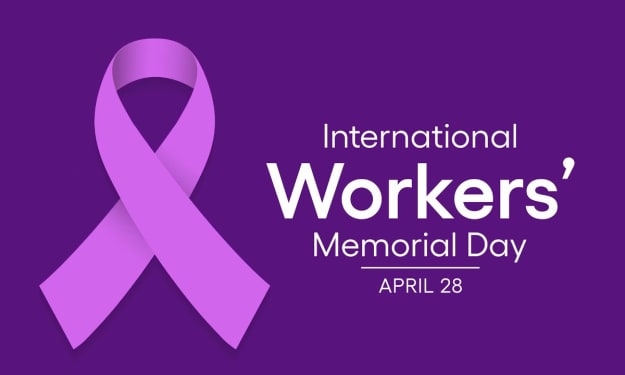5 Ways to Improve Mental Health in Your Workplace
Frontline workers have to deal with unpredictable and erratic schedules that make it difficult for them to manage their personal lives as well as their family responsibilities. Researchers have found that workers with this type of erratic schedule are more likely to experience poor sleep quality and emotional distress.

It is important to pay attention to mental health in the workplace. According to the Mental Health Foundation, one in six people have mental health problems at work. This study also found that women are twice as likely than men to have mental health problems at work.
Our ability to perform well can be affected by our work environment. Businesses can also generate more revenue by encouraging better mental health practices. According to the Mental Health Foundation in the UK, businesses can save as much as $8 billion every year.
It will make significant changes to address mental health. Here are seven steps that employees and employers can take to improve their mental health at work.
1. Switch to a Healthier Lifestyle
A healthy lifestyle can have huge benefits for your mental health, especially if you are an employee. Healthy living can make a big difference in your mood.
A healthy lifestyle simply means a way of life that reduces the chance of injury, illness, and premature death. This includes living a healthy lifestyle, eating clean and nutritious foods, exercising regularly, and avoiding stress.
Consider healthier options to replace junk food or low-calorie foods at work. You can also make time to exercise or do some other form of exercise. This will improve your outlook at work.
A research article by BMC Public Health found that healthy lifestyle habits significantly improve mental health and reduce symptoms such as depression, anxiety, stress, or anxiety. Even if you don't feel it, a healthy lifestyle is vital.
2. Improve the Stability of Workers' Schedules.
Today, many retail and service businesses use "just-in-time" scheduling to match labor demand. Frontline workers have to deal with unpredictable and erratic schedules that make it difficult for them to manage their personal lives as well as their family responsibilities. Researchers have found that workers with this type of erratic schedule are more likely to experience poor sleep quality and emotional distress.
A study by Gap showed that employees and companies can benefit from greater schedule stability. The median sales of participating stores rose by 7% and labor productivity increased by 5% due to better scheduling stability. This stability resulted in better sleep quality and less stress for employees with children.
3. Culture
Employers need to create an environment that de-stigmatizes mental health issues and encourages help-seeking behavior. Change in any organization's culture requires commitment, strategy, and persistence over a long period of time. To understand how to address cultural change effectively, you need to assess the current culture and ask the following questions:
- What are the most pressing mental health issues for employees?
- Are employees comfortable expressing concerns about their mental health to managers and colleagues?
- What do employees know about the company’s mental health benefits
- Are employees satisfied with the support they receive from their managers?
- Which mental health resources do employees use the most? What services and benefits are most useful to them?
This assessment should provide a baseline to help management understand their employees' mental health. The results can be used to inform changes or additions in employee mental health benefits and offerings. However, it is important to remember that mental health support does not work for everyone and that help-seeking attitudes, behaviors, and genders around mental health are different.
4. Talk about Mental Health
People believe that if an issue is discussed, it can be solved half the time. Employees would benefit from one-on-one meetings. Mental health accounts for approximately 13% of all sick days taken by employees.
Employees can benefit from a trusting network at work. This can improve their psychological health. The best way to deal with your mental health is by connecting with other peers.
5. Community
In Harvard Business Review Lori Goler and coauthors point out that employees can reduce stress by creating a sense and community at work. How can an organization create a community that is supportive of its employees and encourages compassion, care, and concern among them? It all starts with leadership.
Gallup's research has shown that managers have a direct and daily impact on building a sense of community within their teams. Leaders are responsible for modeling genuine caring and providing a safe place for their team to discuss professional or personal issues. It is a sign of a strong workplace community when an organization does more than just lip service to caring and concerns. LinkedIn recently made headlines when it offered to all its employees for one week so that they could recover from pandemic burnout.
It is worth investing in the mental health of your employees. If you see the future as a way to retain your workforce, the answer is clear yes. Employees continue to struggle with the issues of their work commitment, their relationships with their employer, and how to maintain their professional as well as personal balance. Employers that support and embrace their employees' mental well-being will be the ones to beat in the talent battles.
About the Creator
Ali Raza
Introverted Pen is a concept that is how an introvert sees and perceives the world.






Comments
There are no comments for this story
Be the first to respond and start the conversation.